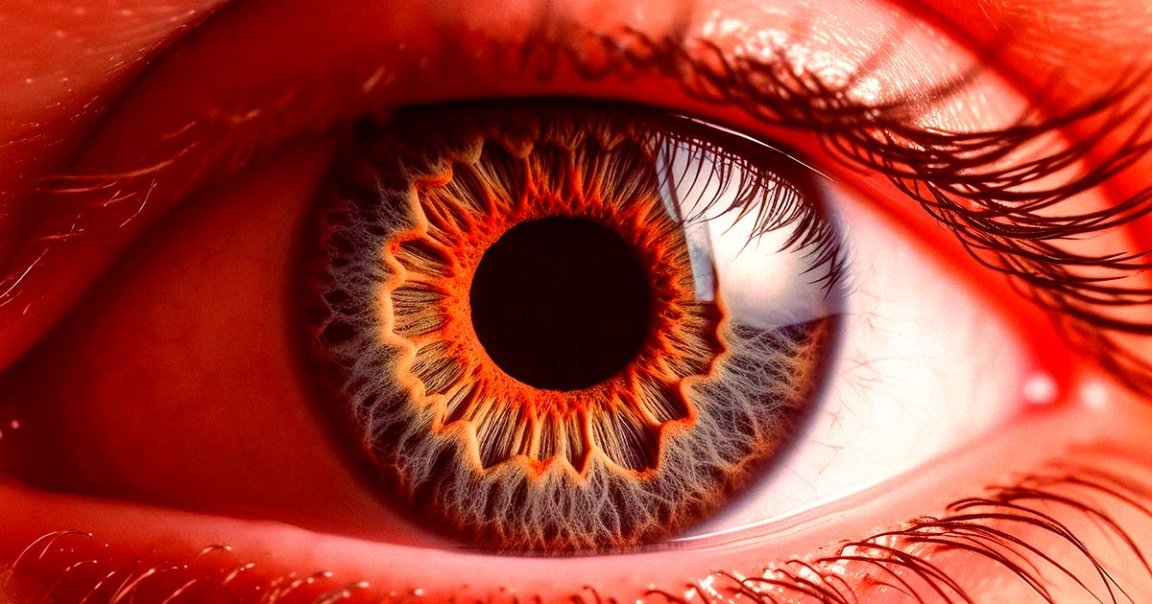
An unusual cosmetic surgery procedure that involves permanently changing the color of your eyes using tattoos soaring in popularity.
As the Wall Street Journal reports, experts are warning that the procedure — called keratopigmentation, or corneal tattooing — could leave lasting damage.
The procedure involves cutting a donut-like tunnel into the cornea of the eye. The surgeon then widens this tunnel and fills it with a special dye that immediately and permanently changes the color of the eye.
Conventionally, the procedure has been used to correct a cosmetic disfigurement from an injury or disease, as The Guardian reports. For some patients, the procedure can reduce glare following corneal damage.
But as the WSJ reports, European doctors began injecting dyes for solely cosmetic reasons in the 2010s.
“I see it as an enhancement,” New Jersey resident Jason Jimenez, who underwent the procedure, told the newspaper. “People get their teeth done, they get implants and Botox. If it’s something that could make you happier, make you look better — then why not?”
The US Food and Drug Administration has yet to approve keratopgimentation as a procedure in the US. But that hasn’t stopped surgeons from finding workarounds: some are using lasers designed for vision correction off-label and buying dyes from companies overseas where they’re certified, the WSJ reports.
Earlier this year, the American Academy of Ophthalmology (AAO) issued a public warning on the risks of eye color-changing surgeries, including “damage to the cornea that can lead to cloudiness” and “leakage of the dye into the eye.”
Other patients have reported an increased sensitivity to light, according to the WSJ.
“No surgery is free of risk,” AAO clinical spokesperson JoAnn Giaconi in a statement at the time. “With purely cosmetic surgeries on the eye, it’s just not worth the risk when it comes to your good vision.”
Instead, patients seeking to change the color of their eyes should resort to far less invasive options, such as colored contact lenses, the AAO advises.
More on cosmetic procedures: Expert Warns of Grim Consequences of New Cosmetic Surgery Trend